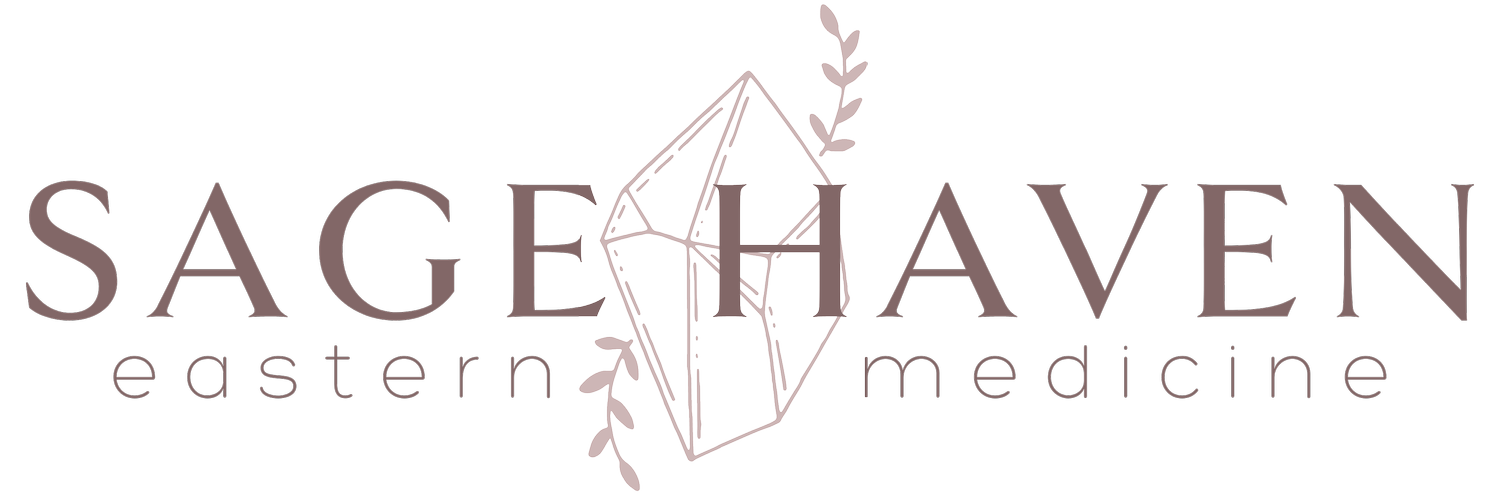What is acupuncture?
What is acupuncture?
Acupuncture is a manual therapy that involves the insertion of thin, sterile needles into the body to achieve different therapeutic results. Acupuncture is recognized by the National Institutes of Health (NIH) and the World Health Organization (WHO) to be effective in the treatment of a wide variety of medical disorders including, but not limited to:
Pain relief: Injury recovery, Back pain, Neck pain, Headaches and Migraines, Facial pain, TMJ, Muscular tension, Sprains and strains, Chronic pain, Arthritis, Sciatica, Inflammatory conditions, Osteoarthritis.
Mental/emotional health: Anxiety, Depression, Insomnia, PTSD, Stress management, OCD, Bipolar disorder, Schizophrenia.
Womens health: Premenstrual syndrome (PMS), Dysmennorrhea and painful periods, Amenorrhea, Urinary tract infections, Infertility, Morning sickness, PCOS.
Respiratory disorders: Asthma, Bronchitis, Covid-19 recovery, Common colds and flu, Sore throat, Upper respiratory tract infection, Allergies.
Digestive disorders: Nausea, Vomiting, Bloating and abdominal distention, Constipation, Diarrhea, Irritable Bowel Syndrome, Ulcerative Collitis.
How it works:
Acupuncture needles are inserted into specific points along energetic meridians that run throughout the body, and each of these meridians communicate with one another to promote homeostasis and eliminate disease. In other words, acupuncture heals the body by stimulating specific points on these meridians that can impact biochemical and physiological conditions in the body as well as stimulate sensory receptors. These sensory receptors then signal nerves to transmit impulses to the hypothalamic-pituitary system in the brain where neurotransmitters and endorphins are released, easing pain, promoting healing, and improving immune function. Through this mechanism, acupuncture has the ability to address specific health concerns and help you achieve optimal health and wellbeing.
Want to try acupuncture?
Click the link below to schedule your acupuncture session at Sage Haven.
